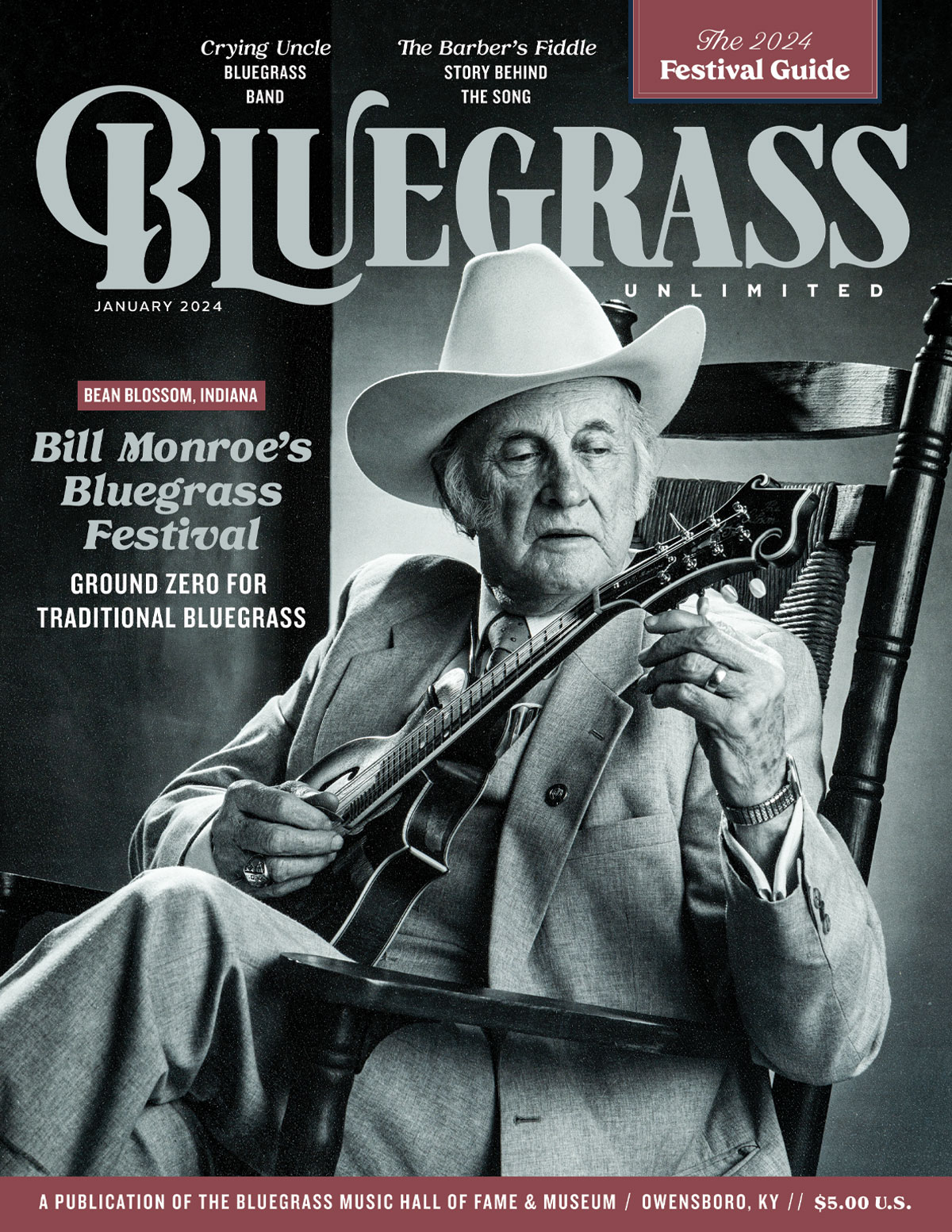Mile 77
Jody Stecher has been around forever—or at least since the 1960s when he emerged from the remnants of the folk music revival. On his latest album, a collaboration with the distinguished Boston-based string band Mile Twelve, he sounds better than ever.
His warm, lived-in voice and his intriguing original songs bring to mind a West Coast version of the great Norman Blake. San Francisco-based Stecher conveys a similar old-timey authenticity and gravitas. Through the years, he’s influenced any number of younger up-and-comers, including David Bromberg. Bromberg once observed that Stecher “opened my ears to more beautiful music than anyone ever did … more than I knew existed.”
The “77” in the title refers to Stecher’s age. Thus, it’s no surprise that some of his sterling compositions express the sort of ruminations that tend to come naturally when one reaches the second half of one’s seventh decade.
So it is on the introspective “The Weight of the Years,” where he tells us:
The weight of the years
caused my shoulders to slope
Like an old Gibson J 45.
My mem’ries are heavy.
I’ve lived through so much
In the long years that I’ve been alive.
The enigmatic “The Only Sunshine” mines similar existential territory. There’s also a fair amount of tongue-in-cheek humor to his music. Here and there he has a penchant for nonsensical, yet clever and intriguing lyrics—as on “When the Wind Comes Up,” a bluegrassy foot stomper that features some stellar picking from Mile Twelve.
That playfulness is also front and center on the jaunty “Hannahmariah” and “Kaiser Bill,” where Stecher offers:
If had not-a been for tomorrow
there’d be no yesterday
Perhaps I’ve got it backwards,
I really cannot say
If it had not-a been for the farmer
there wouldana been no dell
If it had not-a been for the Kaiser
Bill there would not-a been no hell
Among other highlights is an acoustic version of “Geronimo’s Cadillac,” a Michael Martin Murphey country-rock hit of yesteryear. Ella Jordan’s fine fiddle lines sew vivid embroidery around Stecher’s slightly tremulous vocal that’s rich in pathos and nostalgia.
“Jones Mill,” a rustic tale of robbery, murder and woe, sounds like it could have been lifted from an early Hank Williams recording session. As track after track makes clear, Stecher is a master with American roots music running through his veins.

